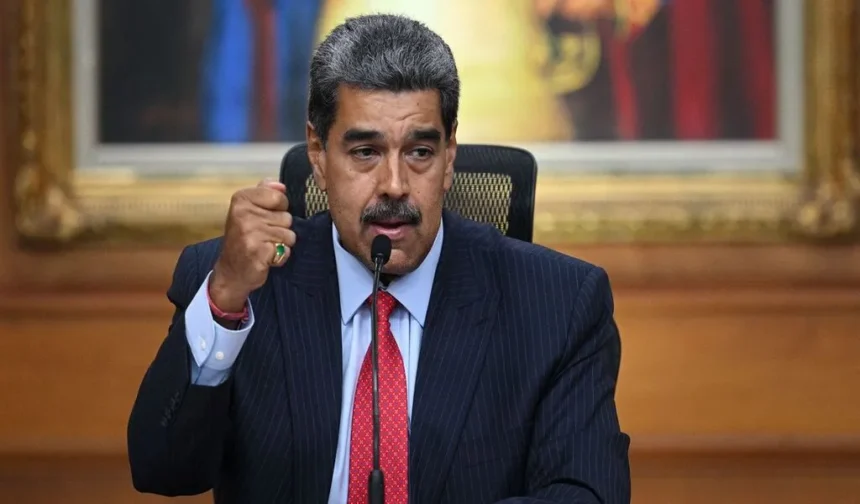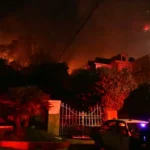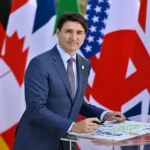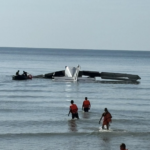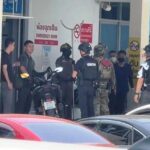On the day of his inauguration for a third six-year term, the United States announced a boosted $25 million (£20.4 million) reward for information leading to the capture of Venezuelan President Nicolás Maduro.
The international community and Venezuelan opposition leaders’ recriminations overshadowed the inauguration ceremony.
Rewards have also been offered for information that results in the detention and/or conviction of Interior Minister Diosdado Cabello. Additionally, a new reward of up to $15 million has been proposed for Defence Minister Vladimir Padrino.
Additionally, the United Kingdom imposed sanctions on 15 prominent Venezuelan officials, including judges, security forces personnel, and military personnel.
According to the Foreign, Commonwealth and Development Office, those sanctioned were accountable for “violations of human rights, the rule of law, and democracy.”
Nicolás Maduro’s regime was subsequently characterised as “fraudulent” by Foreign Secretary David Lammy.
The EU also announced on Friday that it was extending “restrictive measures” against Venezuela due to “the lack of progress… leading to the restoration of democracy and the rule of law.” The bloc also imposed sanctions on an additional 15 Venezuelan officials.
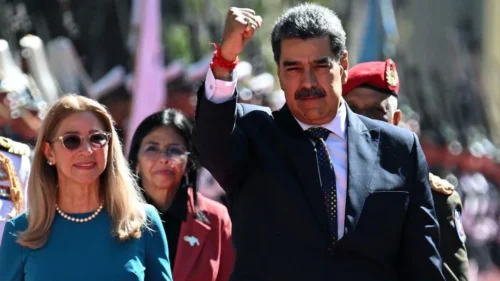
US Charges Nicolás Maduro with Narco-Terrorism and Corruption
Nicolás Maduro’s “shameless actions” were also the subject of new sanctions by Canada, as Foreign Minister Mélanie Joly identified.
Joly pointed out that Canada “will not tolerate the erosion of the democratic process or the repression of citizens seeking to express their rights” .
Nicolás Maduro and his government have consistently refuted numerous allegations by Western countries and opposition leaders.
The United States’ reward is based on narcotics and corruption allegations from 2020.
Maduro and other senior officials in the country were accused by the United States of “narco-terrorism” in 2020.
It accused them of utilising narcotics as a weapon to undermine the health of Americans and of flooding the United States with cocaine.
Maduro has denied the allegations. Additionally, the United States reinstated oil sanctions last year after temporarily relaxing them in anticipation that Maduro would be motivated to conduct free and fair elections.
Venezuela’s president has attributed the country’s economic decline to sanctions implemented by the United States, which he regards as imperial and illegitimate. His critics attribute his failures to economic mismanagement and corruption.
President Nicolás Maduro swore on Friday that his third six-year term would be a “period of peace” as he took the oath of office.
“This new presidential term will be the period of peace, prosperity, equality, and the new democracy,” said the president.
“I swear by history, I swear by my life, and I will fulfil it,” he continued.
The international community, including Brazil and Colombia, two of Venezuela’s left-leaning neighbours, rejected the July 28 election results.
The inauguration ceremony was carefully planned. Many recognized Venezuelan media outlets were barred from entering the country, and foreign correspondents faced similar restrictions.
Nicolás Maduro is becoming increasingly isolated globally despite retaining a few allies like China, Russia, and Iran.
The only leaders in attendance at the inauguration were the presidents of Nicaragua and Cuba.
The 62-year-old was declared the victor of the presidential election held in July last year. However, the opposition and numerous countries, including the United States, rejected the outcome and acknowledged the legitimate president-elect, the exiled opposition candidate Edmundo González.
In September, González fled Venezuela and has been residing in Spain. However, this month, he embarked on a tour of the Americas to garner international support.
The Nicolás Maduro government has issued an arrest warrant for him and is offering a $100,000 reward for information that leads to his detention.
Antonio Guterres, the Secretary General of the United Nations, issued an appeal for the release of all individuals who have been “arbitrarily detained” since the elections on Friday.
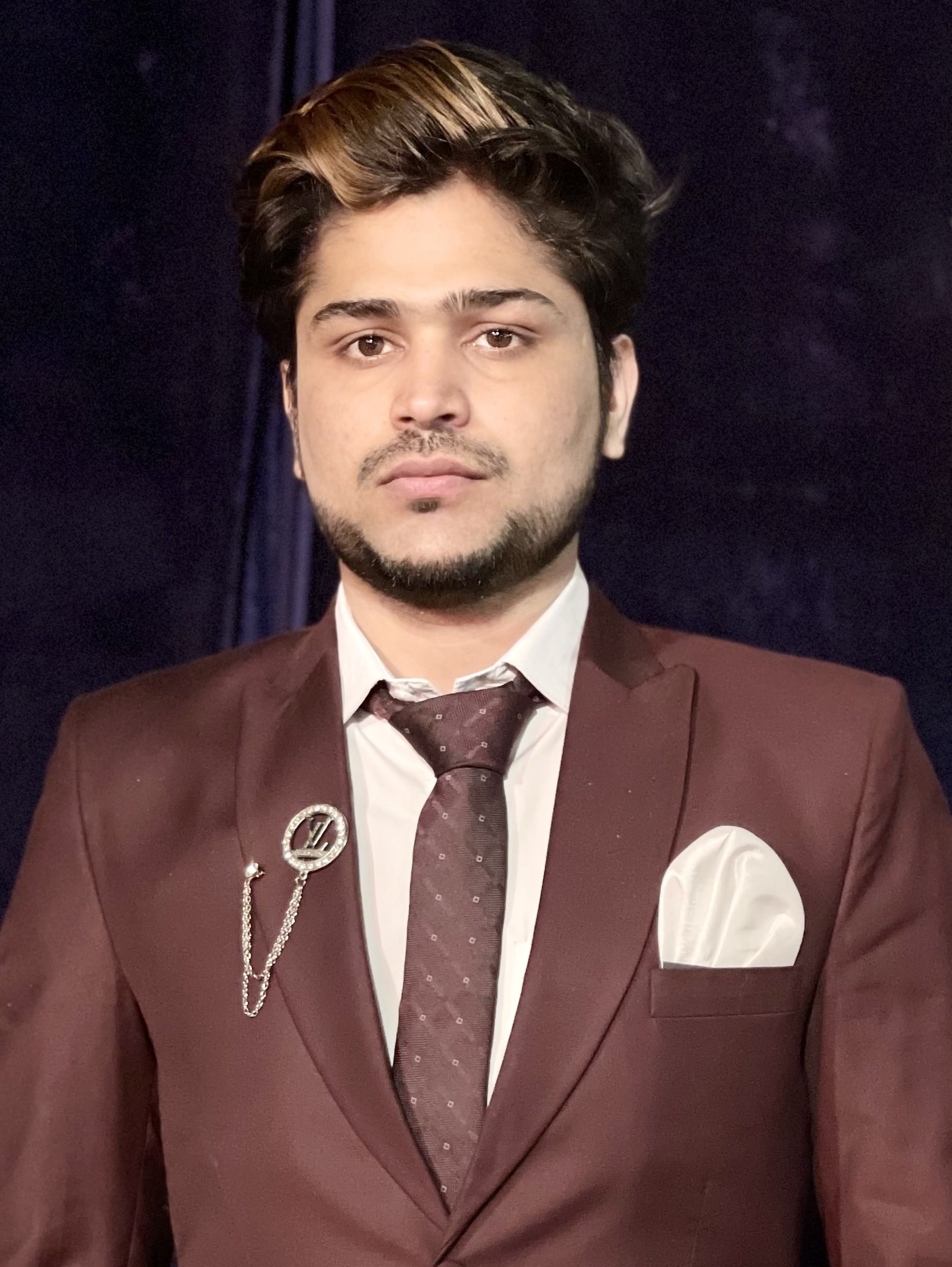
Salman Ahmad is known for his significant contributions to esteemed publications like the Times of India and the Express Tribune. Salman has carved a niche as a freelance journalist, combining thorough research with engaging reporting.




